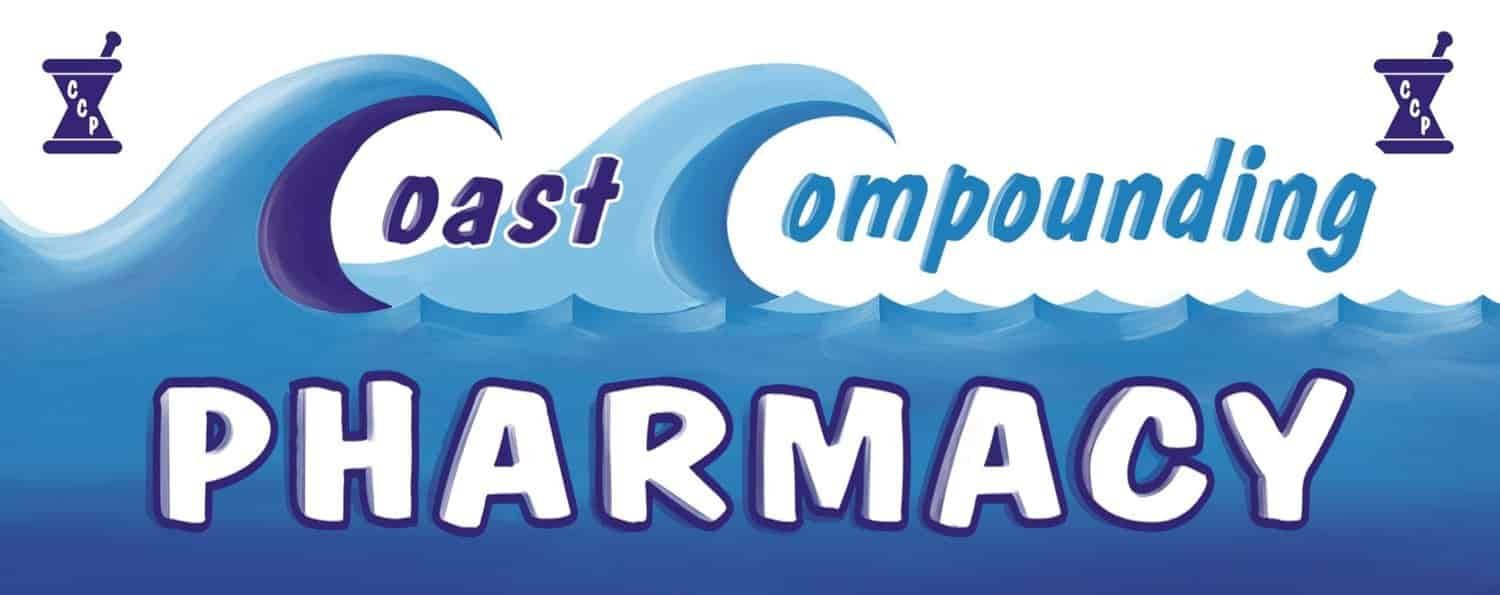Understanding Precision Pharmacy
In the realm of modern medicine, precision pharmacy is revolutionizing the way treatments are tailored to individual patients. This approach involves customizing medication regimens based on a person’s genetic makeup, lifestyle, and specific health needs. By combining the power of pharmacology with personalized data, healthcare providers can optimize treatment outcomes and minimize adverse effects. Precision pharmacy is not a one-size-fits-all solution but rather a highly targeted and effective method of care.
One of the key benefits of precision pharmacy is its ability to enhance treatment efficacy. Rather than relying on traditional trial and error methods, this approach allows healthcare professionals to identify the most suitable medications for each patient from the beginning. By analyzing genetic factors and biomarkers, doctors can predict how an individual will respond to a particular drug, leading to more successful outcomes. This tailored approach also helps in reducing the risk of adverse reactions, making treatment safer and more efficient.
Precision pharmacy also plays a crucial role in chronic disease management. Conditions such as diabetes, heart disease, and cancer can vary greatly among individuals, requiring personalized treatment strategies. With precision pharmacy, healthcare providers can create specialized plans that address the unique characteristics of each patient’s condition. By optimizing medication dosages and types, doctors can better control chronic illnesses and improve the quality of life for those affected.
Moreover, precision pharmacy is at the forefront of advancing medical research and innovation. By utilizing data-driven approaches, researchers can uncover new insights into drug interactions, genetic predispositions, and treatment responses. This wealth of information not only enhances current medical practices but also paves the way for the development of groundbreaking therapies tailored to individual genetic profiles. The future of personalized medicine lies in the hands of precision pharmacy and its ability to transform healthcare outcomes.
The Role of Genetics in Personalized Medicine
Genetics plays a fundamental role in the realm of personalized medicine, acting as the blueprint that guides individual responses to medications. Through genetic testing and analysis, healthcare providers can gain valuable insights into how a patient’s body metabolizes drugs, which can impact treatment outcomes. By identifying genetic variations that influence drug efficacy and toxicity, doctors can make informed decisions about the most appropriate therapies for each individual.
One of the key advantages of incorporating genetics into personalized medicine is the ability to predict possible adverse reactions. Certain genetic markers can indicate a person’s likelihood of experiencing side effects from specific medications. By screening for these markers, healthcare professionals can preemptively adjust treatment plans to minimize risks and maximize benefits. This proactive approach not only enhances patient safety but also improves the overall quality of care.
In the context of cancer treatment, genetic testing plays a vital role in determining the most effective therapeutic options. By analyzing tumor genetic profiles, oncologists can identify targeted therapies that address the specific mutations driving cancer growth. This personalized approach to treatment not only increases the chances of successful outcomes but also reduces the need for invasive and potentially ineffective interventions. Genetics truly holds the key to unlocking the full potential of personalized medicine.
Advancements in Drug Delivery Systems
Alongside the evolution of precision pharmacy, advancements in drug delivery systems are reshaping the way medications are administered and absorbed by the body. Novel technologies such as nanomedicine, microneedles, and implantable devices are revolutionizing the field of pharmacotherapy, offering targeted and precise delivery mechanisms. These innovations not only improve the effectiveness of treatments but also enhance patient convenience and compliance.
Nanomedicine, in particular, holds great promise for delivering medications directly to diseased tissues while minimizing systemic side effects. Nanoparticles can be engineered to release drugs at specific sites in the body, increasing therapeutic concentrations where needed. This targeted delivery approach allows for lower dosages, reducing the risk of adverse effects and improving treatment outcomes. As nanotechnology continues to advance, the possibilities for enhancing drug delivery are limitless.
Challenges and Ethical Considerations
Despite its immense potential, precision pharmacy is not without its challenges and ethical dilemmas. One of the primary concerns is the accessibility and affordability of personalized treatments. Developing individualized medication regimens can be costly, making them inaccessible to certain populations. Ensuring equitable access to precision pharmacy services is essential to prevent healthcare disparities and promote equal treatment opportunities for all patients.
Another ethical consideration is the issue of patient data privacy and consent. With precision pharmacy relying heavily on genetic information and personal health data, safeguarding patient confidentiality is paramount. Healthcare providers must uphold rigorous data protection measures to prevent unauthorized use or disclosure of sensitive information. Respecting patient autonomy and ensuring informed consent are vital principles that must guide the ethical practice of personalized medicine.
Data Analytics Driving Treatment Decisions
Data analytics plays a central role in driving treatment decisions within the realm of precision pharmacy. By harnessing the power of big data and predictive analytics, healthcare providers can identify patterns, trends, and associations that inform personalized treatment strategies. Analyzing vast datasets allows doctors to predict patient responses to medications, optimize dosing regimens, and anticipate potential drug interactions with precision and accuracy.
Machine learning algorithms further enhance the capabilities of data analytics in personalized medicine by enabling real-time decision-making and adaptive treatment planning. These sophisticated algorithms process complex biological data to generate patient-specific recommendations, guiding healthcare providers in selecting the most effective treatments. By integrating data analytics into clinical practice, precision pharmacy is poised to revolutionize the landscape of modern healthcare delivery.

